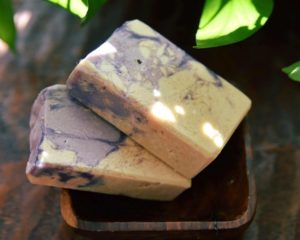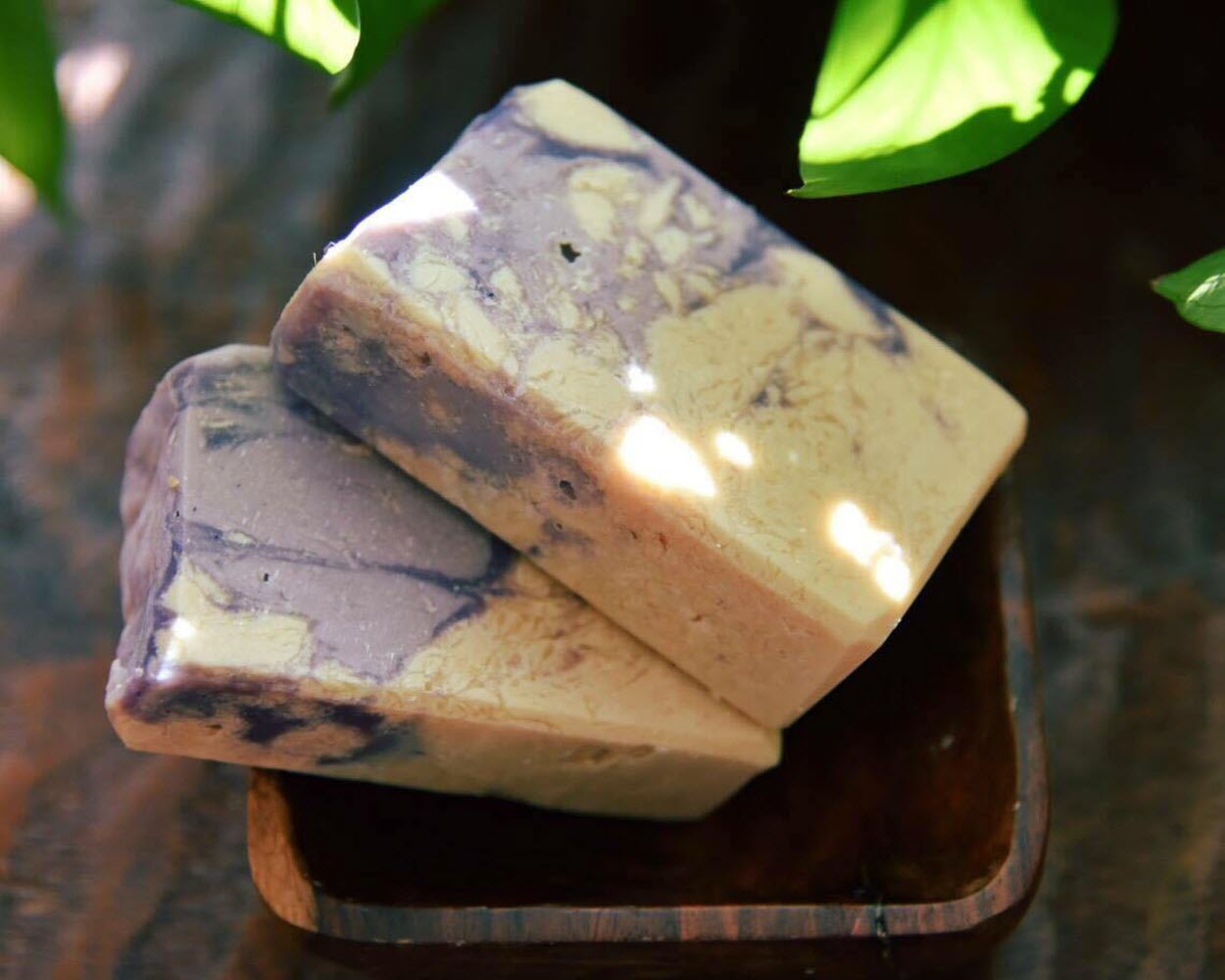 For me, creating natural soap means not using any synthetic ingredients that are made in unhealthy ways or can be harmful to my body. This also means that do not use harsh perfumes, dyes, or other additives in natural soap. I also mean to say that you should avoid any soaps that have been chemically treated to preserve them.
For me, creating natural soap means not using any synthetic ingredients that are made in unhealthy ways or can be harmful to my body. This also means that do not use harsh perfumes, dyes, or other additives in natural soap. I also mean to say that you should avoid any soaps that have been chemically treated to preserve them.
Natural soap is made by mixing together a few simple ingredients that can easily be found at your local grocery store. Some examples of ingredients you will need to include olive oil, vegetable glycerin, soap flakes, and water. These ingredients are combined and then left to sit for a few days so that the natural oils in the soap will create a lather. After this period, you are ready to make your very own hand moisturizer. The way this lather works is that it will moisturize the hands by creating an invisible barrier that covers and protects the skin cells from drying out.
One of the reasons that I like this type of natural soap so much is that it doesn't contain any dyes or perfumes. This is excellent for use in a medical facility where patients may have sensitivity to fragrances or additives in cleaning supplies. When I was suffering from extreme dry skin, one of the worst things that I could ever use on my skin was an aftershave lotion that had perfume in it. It smells awful and made my face and hands dry. Since I use organic products, I will not be making my skin suffer this way and am proud to say that I no longer get blemishes, pimples, or dry skin.
The base of the natural soap that I'm using is made up of five natural ingredients: sodium cocoate, Shea butter, cocoa powder, sodium bicarbonate, and plant oils. The mixture is then mixed with glycerin and palm oil to make it more liquid. This is then poured into tall clean glass jars that have been lined with Saran wrap. They can sit for several days before being used.
The benefits of using natural soap whether in a medical environment or not is that it is much gentler on your skin than traditional soap. This is because chocolate, which is one of the ingredients in traditional soap, is hard on the skin. This is because chocolate is a hard, crystallized mineral that can clog the pores of the skin. When the pores are clogged, it's much harder for sebum, the oil that our bodies produce, to be able to escape. So when we use natural soap, there is a much lower chance of having clogged pores, thus a reduced chance of having acne or other skin conditions.
Shea Butter is one of the soap ingredients that many people are unfamiliar with. Many people have heard about the healing properties of this tree oil, but very few people know that it is also a strong antibacterial agent. This makes Shea Butter natural soap ingredients very good at cleaning without lye. This is in contrast to soapmaking ingredients such as sodium hydroxide, which produces lye. Also, it is very difficult to remove sodium hydroxide from your soap without using an expensive cleansing solution.
One of the best ways to make all-natural soap is to use a cold process method. This process requires ingredients such as olive oil, fragrance oils, glycerin, essential oils, and potassium hydroxide. The cold process soap maker takes the leaves from the olive leaf and mixes them together with vegetable oil. Potassium hydroxide is added during the process to give the soap a yellow color. This soap is known as cold process soap and the name has stuck.
Cold process soap is known for its scent and lather. It is also one of the easiest methods to master. If you want to learn more about soap making, then there are a lot of books available at your local bookstore or online. There are even websites that teach you the soap making process and provide various tips and recipes. You can find great information on natural coloringants, natural scents, and oils as well.
